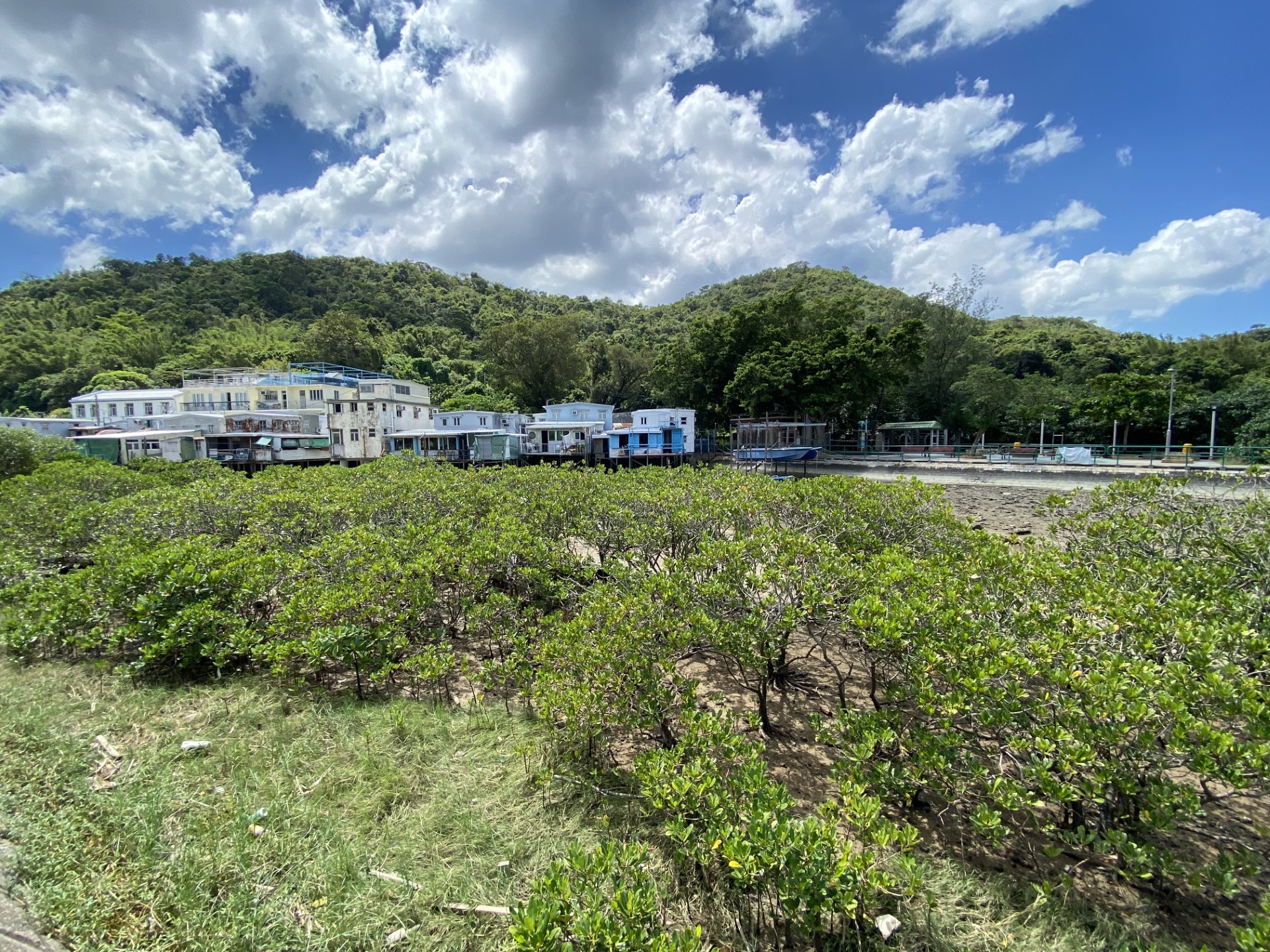Lantau
Blue Carbon
Assessing the Contribution of Coastal Wetlands on Lantau Island to Carbon Sequestration in Hong Kong





The research titled “Assessing the Contribution of Coastal Wetlands on Lantau Island to Carbon Sequestration in Hong Kong” is organized by the research team from the Department of Geography and Resource Management, The Chinese University of Hong Kong and funded by the Lantau Conservation Fund (the LCF) from the Sustainable Lantau Office (the SLO). The project period will cover from 1 May 2023 to 30 April 2026.
The predominant focus of conservation projects has primarily centred on the conservation and enhancement of biodiversity, inadvertently overlooking other important ecosystem services, such as climate regulation and carbon sequestration. This research project endeavours to fill the existing knowledge gap by examining the ability of different types of coastal wetlands on Lantau Island in sequestering carbon and mitigating future climate change. This research project also aims to complement the existing efforts in conserving the biodiversity in wetland habitats, by showcasing the additional benefits that could be generated from wetland conservation and management, specifically through the simultaneous provision of multiple ecosystem services.
Wetlands are widely recognized as highly productive ecosystems with a crucial role in carbon sequestration. The concept of "blue carbon," referring to the carbon stored in coastal vegetated wetlands, has gained significant attention as a nature-based climate solution on the global stage.
In Hong Kong, a variety of coastal wetland types exist, such as mangroves, marshes, sandflats, and mudflats. However, urbanization, land reclamation, and other human activities are posing adverse effects on the carrying capacity of these ecosystems.